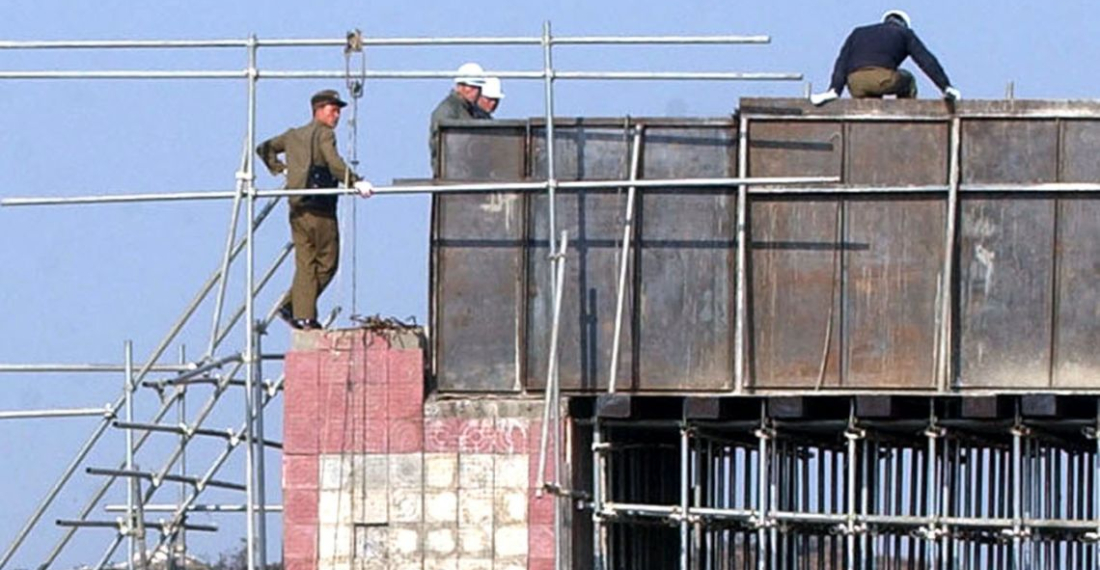According to the Russian Security Council Secretary, Sergei Shoigu, thousands of North Koreans military construction workers are set to assist in the reconstruction efforts in the Russian border region of Kursk, which recently witnessed intense fighting between Russia and Ukraine.
Having visited the North Korean capital, Pyongyang, Shoigu said that leader Kim Jong Un had promised a thousand sappers — troops who build tunnels and trenches — and five thousand “military” construction workers. However, according to South Korea, this support constitutes a violation of the sanctions imposed on North Korea by the United Nations, as reported by the British BBC.
Last month, Russian forces largely drove Ukrainian troops out of Kharkiv. After six months of silence, Russia and North Korea finally admitted that North Korean soldiers were fighting in the war against Ukraine.






